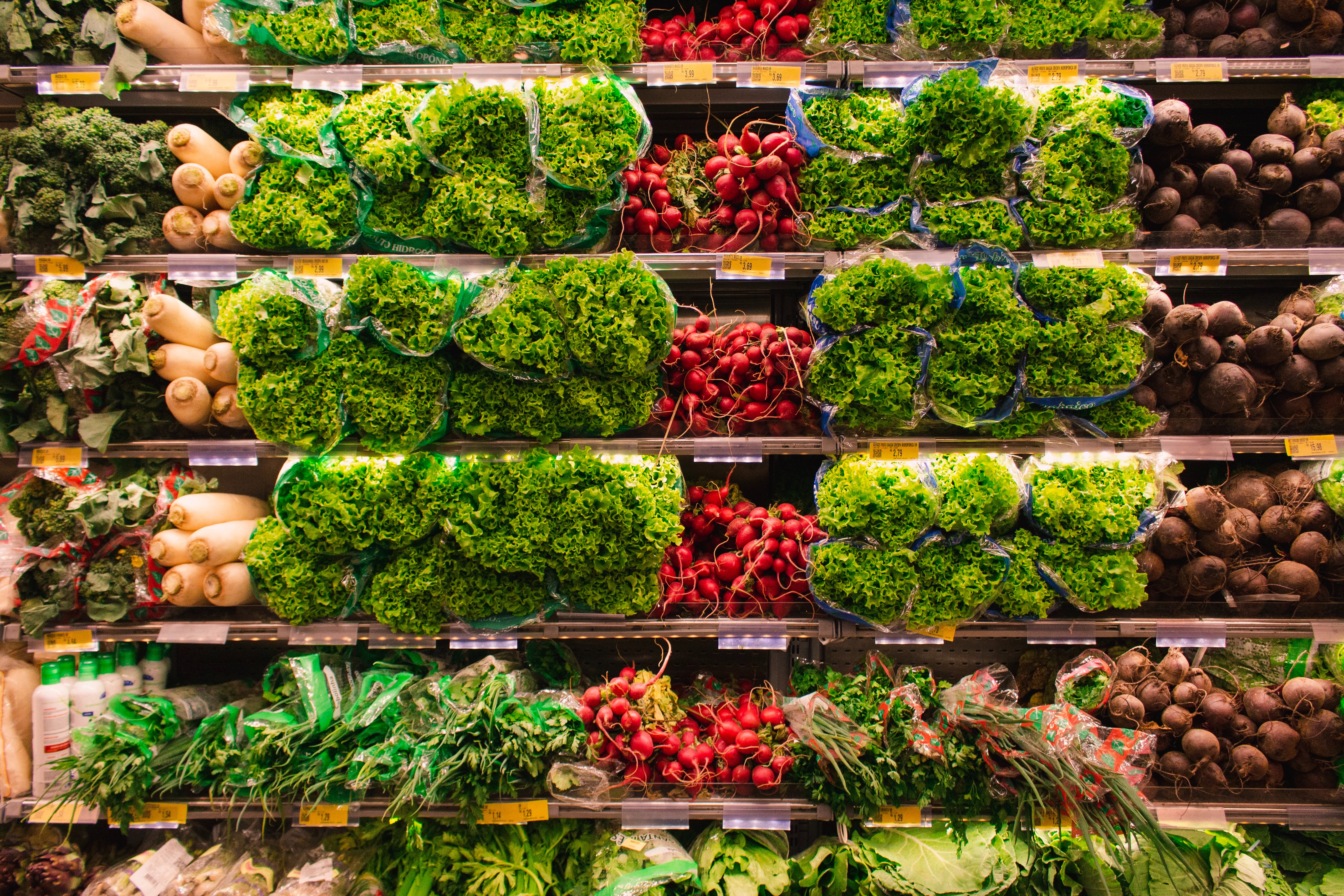How becoming a Sustainability Scholar changed this MBA graduate’s career journey
A fresh graduate of St. Joseph’s College of Commerce in Bangalore, India, Sitara Fernandes noticed a problem at her new, corporate workplace.
Indian tech companies often provide lunch to their employees, but leftovers at Fernandes’s job were being thrown out at the end of the day. So Fernandes coordinated with a seniors home to offer the wasted food to older adults relying mostly on charity for survival. But Fernandes's company warned that the project could cause legal problems, so she had to stop her work.
“That’s when I learned there are so many systems in place that would not let me do what I wanted to do,” Fernandes said. “And I really cared a lot about surplus food redistribution since people go hungry not due to a lack of food, but due to a faulty distribution system.”
It was fortunate then, that when Fernandes came to Edmonton to do a Master of Business Administration degree, she found a Sustainability Scholars research project tackling the same kind of problem she had not been able to pursue in her previous job: improving surplus food redistribution to the many Edmonton charities that care for city residents short on money.
Now a Manager of Strategy and Purpose at Williams Engineering, Fernandes is in charge of keeping the company’s sustainability goals on track. She also coordinates with undergraduate students, graduate students and recent graduates to bring their expertise to the company.
I talked to Fernandes about her time as a Sustainability Scholar and how it has influenced her life after graduation.
Can you tell me about your Sustainability Scholars research project?
The goal of the project was to understand the problems faced by key stakeholders in surplus food redistribution in Edmonton, like Edmonton’s Food Bank, The Mustard Seed and some other nonprofits. It had a lot of primary research components, mostly interviewing stakeholders and then putting together a report with some suggestions for plugging in the gaps in the current system.
What did you find when you were putting together this report?
We found that everyone working in this sector cares so much about the cause that they’re competing with each other to be able to help their people. Organizations weren’t working together or leveraging each other’s resources and knowledge. They were in a race to feed people. The chefs who can wake up the earliest and take the truck the fastest to the food bank get the most food. That was my learning: people care so much, but it feels like the system pits them against each other when instead we could be building a system that helps everyone succeed.

Photo by Matheus Cenali via Pexels
What suggestions did you make to help get more food to these charities?
One suggestion they liked was using the ugly veggies that farms throw out. An ugly veggie is just as nutritious, it’s perfect, but it doesn’t look pretty. Farmers don’t mind donating these to shelters, but bringing them from the country to the city costs money. My suggestion was to create an app like Skip the Dishes for people traveling from Calgary to Edmonton; if they open the app, they see there’s an availability of some veggies in a farm that they’re passing by. They can pick it up and drop it off at The Mustard Seed, for example, so The Mustard Seed could pay a discounted price. It would be a nominal cost, and someone would get $10 for their fuel and feel good knowing they’re helping put a meal on someone’s plate.
How has being a sustainability scholar influenced your career path?
When I came here I was doing a general MBA. I didn’t think there was much I could do to move the needle on sustainability until I took up this project and understood how there is a chance to improve something if you really want to. Whether people knew what the solution was or not, the many stakeholders I spoke to for the project were working really hard to make a difference. After doing this project I changed my specialization in the MBA to have an MBA in Sustainability.
And where did that lead you?
It opened up an entirely new area of job opportunities. During school, I was hired as an intern Business Consultant at Williams Engineering. The CEO of the company went through my report on surplus food distribution, and although I wasn’t an engineer, he thought the report showed a different way of looking at the problem and felt that I really cared about the cause.
How do you incorporate sustainability into your current role at Williams Engineering?
One of my roles in the company is to manage our sustainability efforts. We have aligned ourselves with UN Sustainable Development Goals 11 (sustainable cities and communities), 5 (gender equality) and 10 (reduced inequalities).
One of my current favourite projects is working with a U of A student in the Adaptation Resilience Training program to understand the role of women in climate resiliency. There’s research showing that in a household, women care more about conserving energy, and they use up to three times less energy than men. But on the other hand there’s research that amongst the STEM fields, women have the lowest representation in climate change sciences. Our research will help identify if there really is a link between gender and climate action. If there is a link, we have yet another argument to be able to tell our people, as well as the community, why we need more women in STEM . Not only does it solve an equity problem, but it also helps us build more climate resilient buildings.
You can read more about Fernandes’s 2017 Sustainability Scholars research project, and about all past Sustainability Scholars research, by visiting our archive.